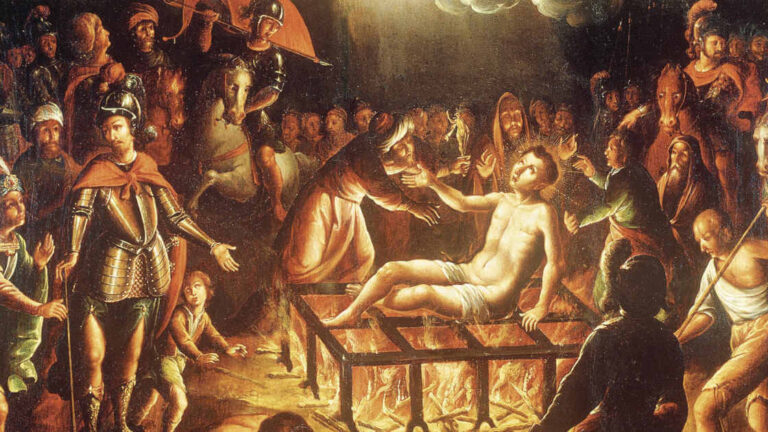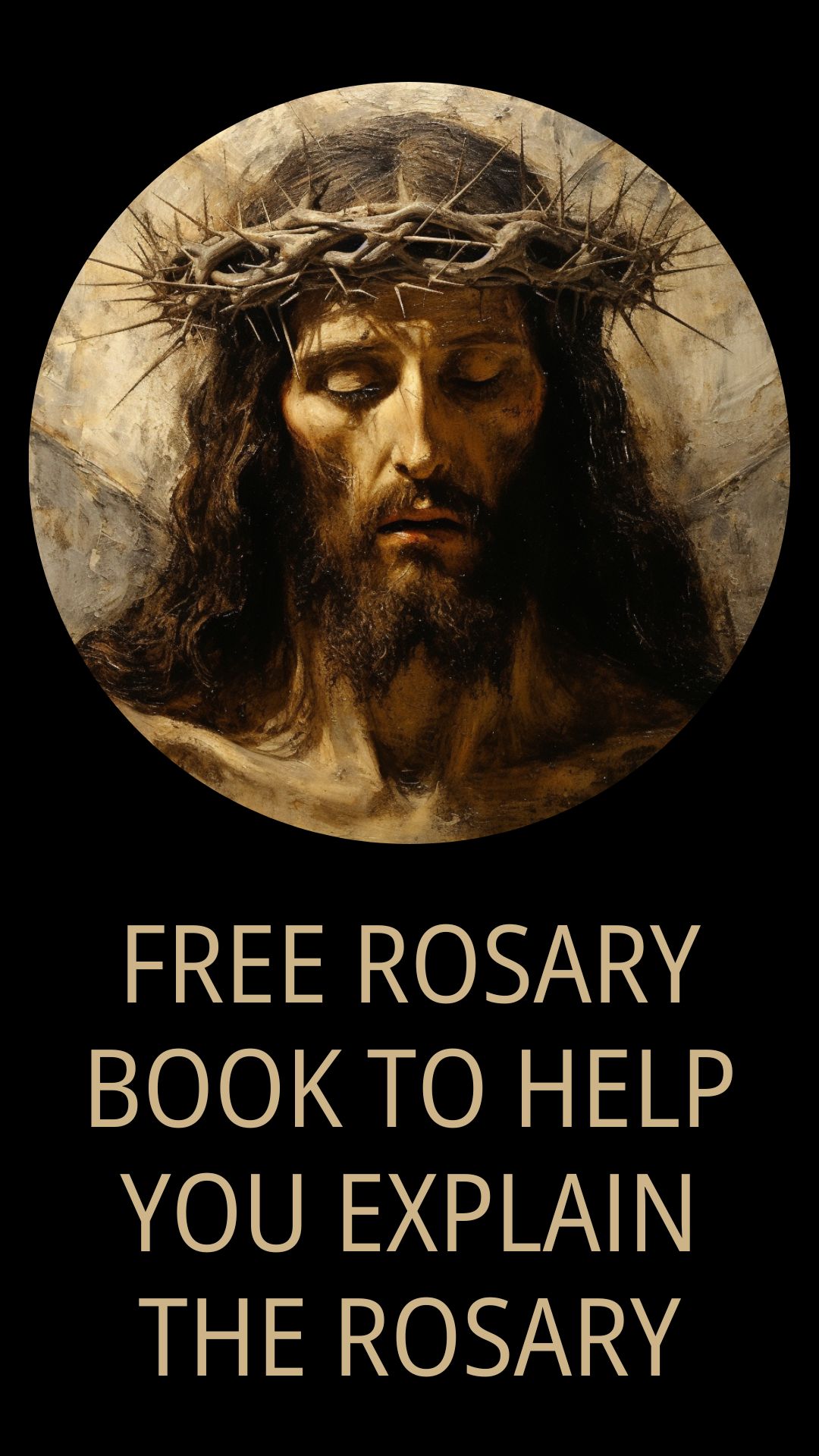HOW “SEED SOWING” MADE LAWRENCE A SAINT AND MARTYR
First Reading: 2 Corinthians 9:6-10
Responsorial Psalm: Ps. 111(112):1-2,5-9
Gospel Reading: John 12:24-26
__________________________________________
Sadly, the phrase “seed sowing” has been greatly misunderstood today in Christianity, such that once it is mentioned, a majority of people start thinking of a mandatory obligation to give to their “men of God” who already have more than enough. St. Lawrence whom the Church celebrates today remains a shining example in the practical application of “seed sowing.” As a cheerful giver, he teaches us the true beneficiaries of “seed sowing,” which earned him martyrdom and sainthood. Today’s liturgical readings help shed light in explaining this truth.
In the first reading, we see the biblical root of the popular phrase, “God loves a cheerful giver” with regards to “seed sowing.” This was in the context of Paul addressing one of the problems of the early Church in Corinth in his second letter, addressing the need for generosity. Let us have in mind that the members of the Church at that time shared everything in common; that is, both the rich and the poor lived together in the Christian community. When it got to the point where the poor were almost becoming a burden to the rich, Paul had to address them, encouraging generosity. Here, Paul was not asking the rich to give or to sow seeds into the life of the leaders/ministers of the Church, but to share among those who do not have enough (the needy, poor, less privileged, etc.); little wonder he said in verse 12 that “for the help provided by this contribution not only satisfies the needs of ‘God’s holy people’, but also overflows into a widespread thanksgiving to God.” In all these, Paul says in verse 7, that one must give according to his own initiative, and not under compulsion; not a fixed amount.
St. Lawrence whom we celebrate today could be said to have lived out this gospel value indicated by St. Paul above. Lawrence was a famous martyr of Rome, who lived in the second century; one of seven deacons who were in charge of giving help to the poor and the needy; put differently, ‘sowing’ into the lives of the poor. In the heat of the persecution that faced the Church, the Pope (St. Sixtus II) became a target. As they took the Pope away for execution (to chop off his head), we are told that Lawrence (his deacon) followed him weeping: “Papa, where are you going without your deacon?” “I am not leaving you, my son,” answered the Pope. “In three days, you will follow me.” Full of joy, Lawrence gathered the poor and gave them the money in his custody, belonging to the Church. He even sold expensive Church vessels so he would have more money to give away. Indeed, Lawrence could be seen as the man spoken of by today’s Psalmist: “The good man takes pity and lends, he conducts his affairs with honour… The just man will never waver: he will be remembered forever… Open-handed, he gives to the poor; his justice stands firm forever. His head will be raised in glory.” As a result of his charitable conduct, the prefect of Rome (a greedy man) who thought that the Church had a great fortune hidden away, ordered Lawrence to bring the Church’s treasure to him. Then Lawrence went through the city and gathered together all the poor and sick people supported by the Church and showed them to the prefect and said: “These people are the Church’s treasure.” In his furiousness and anger, the prefect asked them to kill Lawrence slowly so he would suffer more. He was tied on top of an iron grill over a slow fire that roasted him. God gave him so much strength and joy that Lawrence joked with the judge saying “Turn me over, this side has roasted properly.” Before he died, he prayed that the city of Rome might be converted to Christ and that the Catholic faith would spread all over the world.
The martyrdom (death) of St. Lawrence is indeed a seed of the Church, sown into the lives of the poor in order to yield a rich harvest. Just as today’s gospel reading puts it: “unless a wheat grain falls on the ground and dies, it remains only a single grain; but if it dies, it yields a rich harvest.” As such, we can talk of him as one ‘who hated his life in this world and kept it for eternal life,’ as Christ also says in today’s gospel reading.
Dear friends in Christ, there are many forms of human poverty: spiritual, material, cultural, moral, etc. however, any of these could be overcome by charity. Like Lawrence, we are called to sow into the lives of the needy and poor, and not listen to the present-day prosperity gospel preachers who teach their followers to give a huge amount to them in the name of seed sowing and compulsory tithing, and even go to the extent of “compelling and threatening” their followers and that hellfire awaits them if they do not do so. Seed sowing has nothing to do with submitting a certain amount of money to “pastors” or “Church ministers” with the aim of getting riches and wealth in return!
May St. Lawrence whom we celebrate today continually be a shining example to us all in bearing witnesses for Christ through Christian charity, love for our needy brothers, and even shedding our blood for the sake of this love. Amen.
Shalom!
© Fr. Chinaka Justin Mbaeri, OSJ
Paroquia Nossa Senhora de Fatima, Vila Sabrina, São Paulo, Brazil
nozickcjoe@gmail.com / fadacjay@gmail.com





Amen Wow, his act of charity and martyrdom really got me teary… Thanks Padre for sharing this.
Thanks, sister!